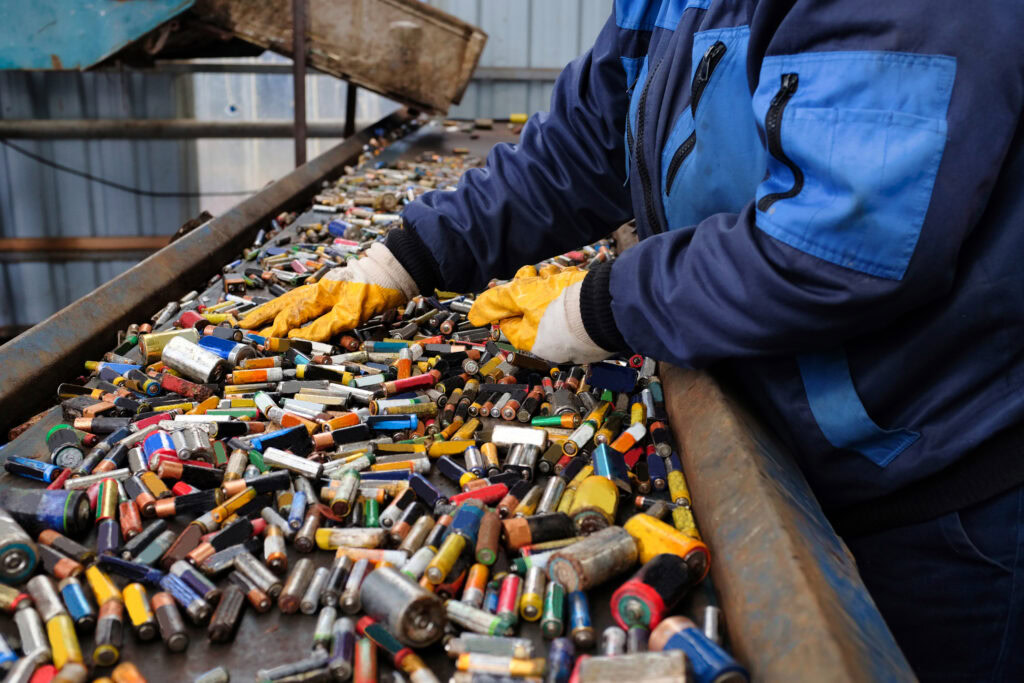Following the release of its white paper titled “An EPR of Everything, Starting with Batteries,” the Chartered Institution of Wastes Management (CIWM) is advocating for an extended producer responsibility (EPR) scheme for batteries and battery-containing products.
The CIWM, a UK-based nonprofit with over 7,000 members in the U.K., Ireland, and beyond, is calling for a comprehensive recycling program to address the challenges posed by the improper disposal of batteries, which frequently leads to hazardous fires.
In 2023, over 1,200 fires in UK waste and recycling facilities or collection vehicles were linked to batteries, marking a 71 percent increase from the previous year. Research by Eunomia estimates that these fires resulted in damage and lost time worth approximately 158 million pounds sterling ($204 million).
CIWM reports that most of these incidents were preventable, stemming from improper disposal of high-powered rechargeable batteries that should have been taken to designated collection points instead of being thrown away.

CIWM Advocates for Comprehensive EPR Scheme for Batteries to Address Hazardous Fires and Improve Recycling
The CIWM white paper, based on a research report by env23 Ltd., identifies several key issues contributing to the problem: inadequate consumer information, the proliferation of batteries in everyday products, and outdated producer responsibility regulations that fail to address the evolving battery technology.
Consumer research highlighted in the report reveals that 40 percent of respondents incorrectly disposed of electric toothbrushes, although nearly 70 percent would return removable batteries to collection points if given the option.
Public support for deposit return schemes (DRS) for batteries is robust, with 51 percent of survey respondents indicating they would use such a scheme frequently, and another 32 percent using it occasionally.
The CIWM suggests that the deposit amount need not be high, given that most battery-containing items are low-value, such as toothbrushes and vapes. The implementation of a DRS is seen as a practical step toward improving recycling practices and reducing battery-related hazards.
CIWM is urging both battery manufacturers and retailers to collaborate on enhancing recycling methods and to adopt chemistry-specific recycling targets as part of updated producer responsibility legislation.
The white paper provides recommendations for governments and legislators to tackle the environmental, commercial, and social issues associated with difficult-to-recycle products, aiming to protect both society and workers in the waste management industry.
